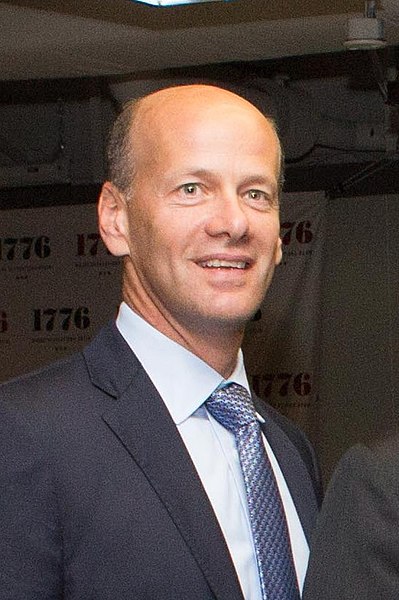
1. Establish a Solid Emergency Fund

How Much is Enough?: Aim for three to six months’ worth of living expenses in a savings account. The exact amount will vary based on your lifestyle, job stability, and personal comfort level. Start small if you need to and build up gradually.
2. Create a Bulletproof Budget

Flexibility is Key: Remember, a budget isn’t set in stone. Life changes, and so will your financial situation. Regularly review and adjust your budget to fit your current needs and goals.
3. Eliminate High-Interest Debt

Strategy for Elimination: Prioritize paying off high-interest debts through strategies like the debt snowball or avalanche method. Not only will this free up more money for savings, but it will also improve your credit score.
4. Invest in Your Future

Diversify Your Portfolio: Don’t put all your eggs in one basket. A mix of stocks, bonds, and other investments can help manage risk and maximize returns. Consider consulting with a financial advisor to tailor an investment strategy that suits your risk tolerance and financial goals.
5. Maximize Retirement Savings

Consistent Contributions: Make regular contributions a priority. Over time, these contributions, combined with employer matches and compound interest, can grow into a substantial nest egg.
6. Protect Your Assets and Income

Review Regularly: As your life changes, so do your insurance needs. Regular reviews will ensure you’re adequately covered without paying for unnecessary extras.
7. Build Multiple Streams of Income

Passive Income: Investments that yield dividends or rental properties can provide a steady flow of income with minimal day-to-day involvement, diversifying your income and providing extra financial security.
8. Continuously Educate Yourself

Stay Informed: The financial world is always changing. Keeping up with economic news and financial trends can help you adjust your strategies to protect and grow your wealth.
9. Set Goals and Review Regularly

Check-In Frequently: Life’s a journey, and so is your financial path. Regular reviews of your financial plan ensure you’re on track to meet your goals or if you need to make adjustments based on life’s inevitable changes.
Financial Freedom Is Within Reach


Toi Williams began her writing career in 2003 as a copywriter and editor and has authored hundreds of articles on numerous topics for a wide variety of companies. During her professional experience in the fields of Finance, Real Estate, and Law, she has obtained a broad understanding of these industries and brings this knowledge to her work as a writer.









